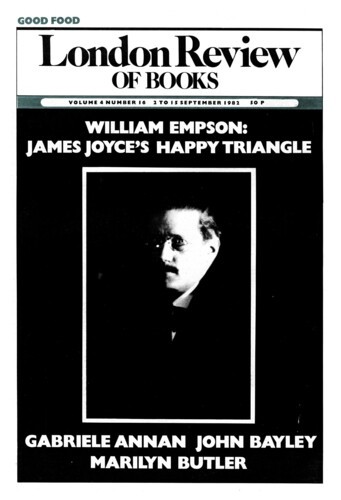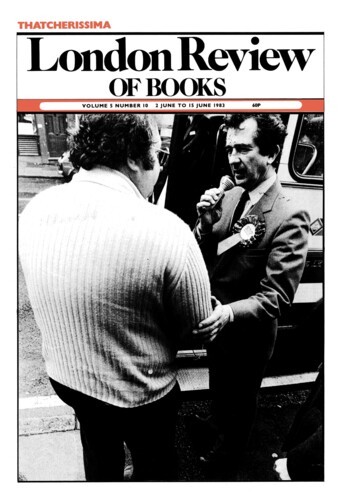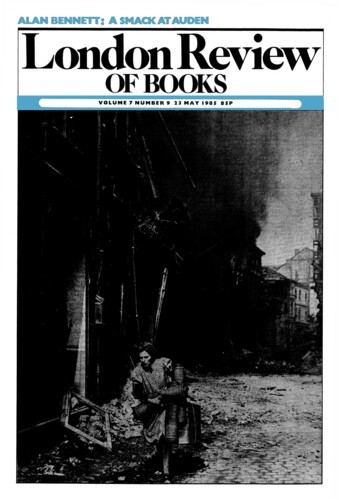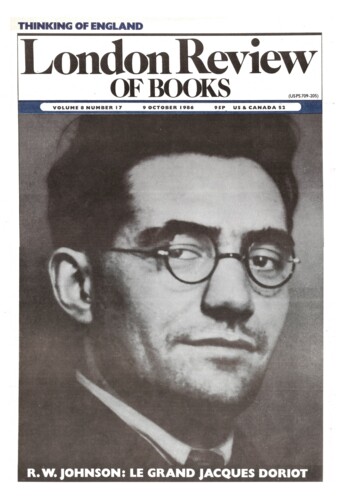Fear and Loathing in Tirana
Jon Halliday, 2 September 1982
Albania has distinguished itself for secretiveness even among secretive Communist governments, vouchsafing little information to either its own people or the outside world. Now, suddenly, out of this hermetically-sealed country has exploded a series of volumes unprecedented in the history of world Communism, more remarkable and much more revealing than Khrushchev’s Memoirs. Over several thousand pages, the Albanian leader, Enver Hoxha, vents his undying rage against ‘revisionism’, his wilfully blind adoration of Stalin, his fierce nationalism, in tones which are alternately aggrieved, suspicious and self-righteous. He is windy, vulgar and brutal. Yet within the rigid framework of 100 per cent Stalinism lurks a shrewd and lively observer who can quote hunks of Byron to visiting British Army officers during World War Two.




